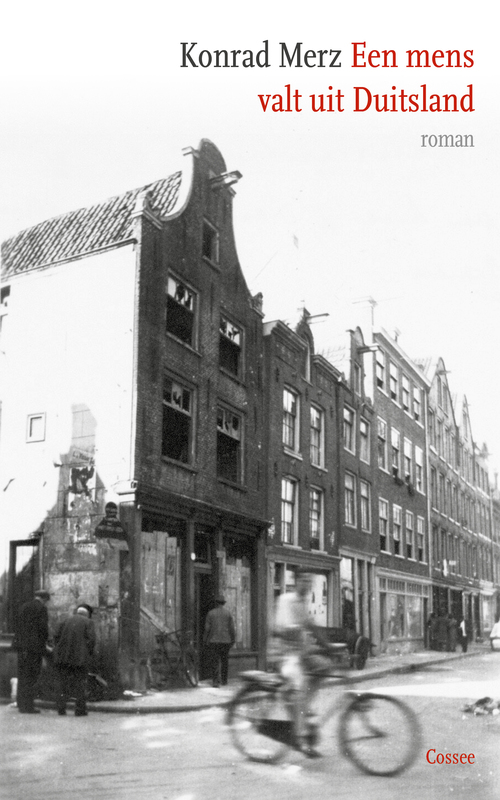
village pub in Pomerania, central Germany, Christmas night 1933. A young Jewish student sits hunched over a sheet of paper and writes to his girlfriend: Ilse, yesterday morning we escaped from Berlin. Unwashed, uncombed, as if spat out.
Half a year later he writes from Holland. A strange country, where people only see him as ‘the migrant’ or ‘the refugee’. On the farm where he finds work, not even the chickens or the cows look at him. The desire to go back to Germany remains, though Ilse and his mother, he fears, might no longer understand him.
From tragicomic diary entries and down-to-earth letters emerges a picture of a man who – when humanity disappears from his country – falls out of Germany. Konrad Merz’s debut from 1936 describes a dark period without ever being heavy-handed. With its subtly ironic style, the book has become a reference work about the Nazi perioud.
Herta Müller calls the novel by Konrad Merz indispensable and exemplary in her recent petition for a “Museum of Exile”.
“What a poignant novel on exile! How sensitive and at the same time humourous. From the 1930s and yet so timely.” – Literair Nederland